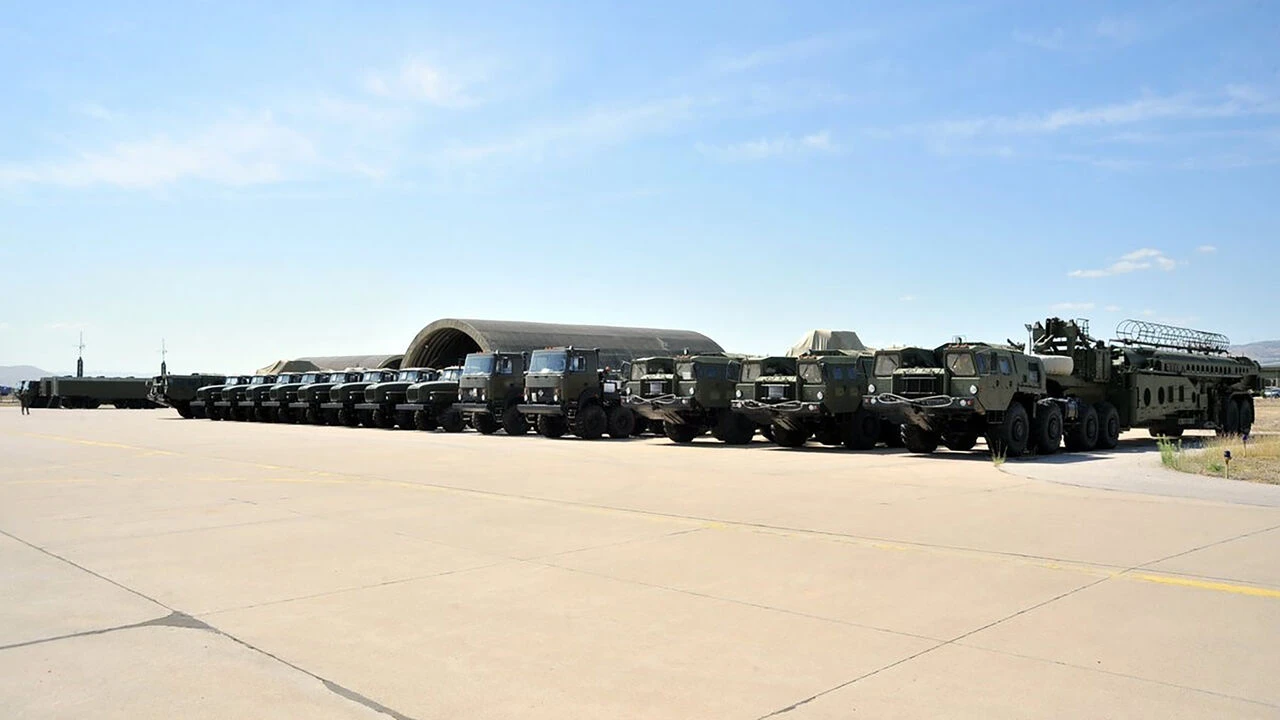Israel expands invasion of Golan Heights, raising concerns over Syria’s integrity
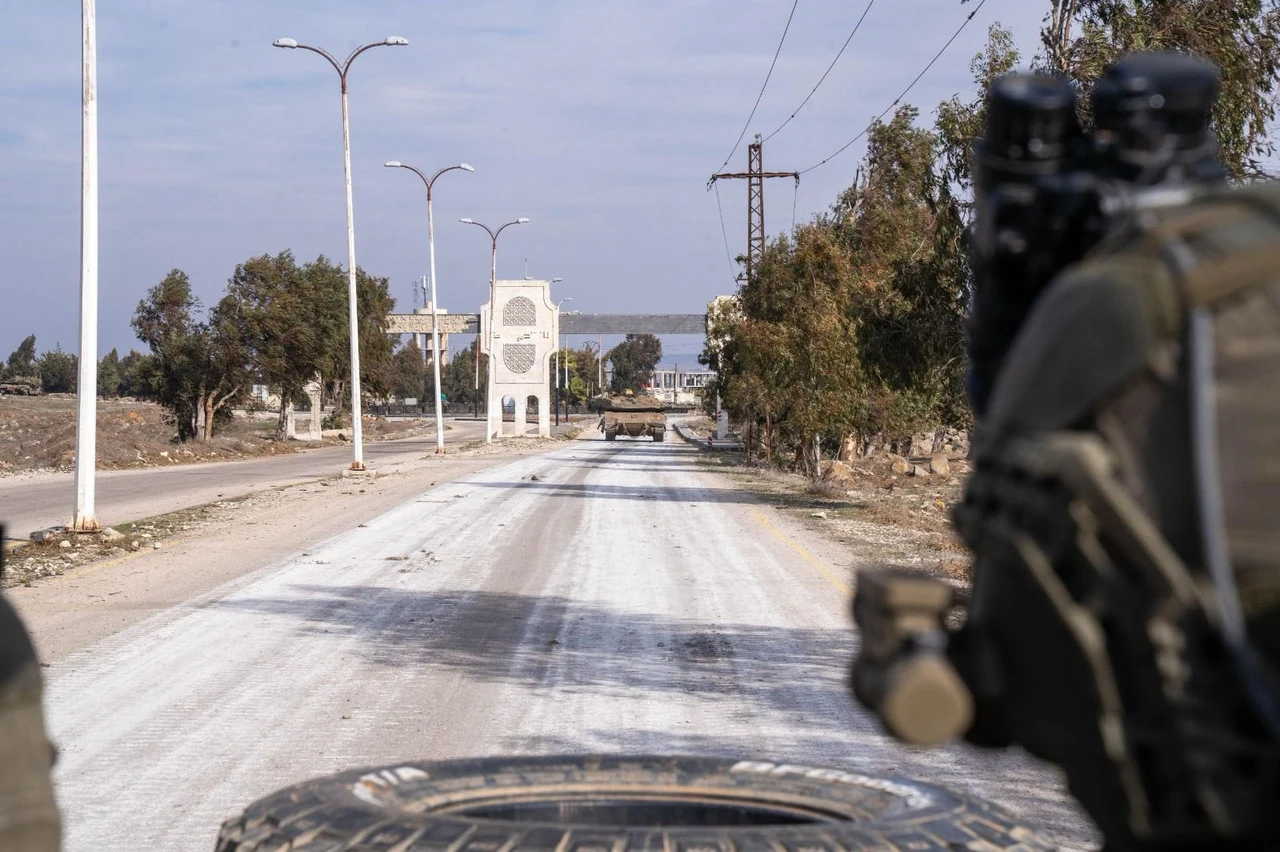 Israeli army forces in Syria's occupied parts by Tel Aviv. (IDF Photo)
Israeli army forces in Syria's occupied parts by Tel Aviv. (IDF Photo)
Israel has expanded its occupation of the Golan Heights, seizing a buffer zone that has long been a point of contention between Israel and Syria.
The move, which coincided with escalating conflict in Syria, has drawn renewed attention to the strategic importance of the Golan Heights, a region Israel has controlled since the Six-Day War in 1967.
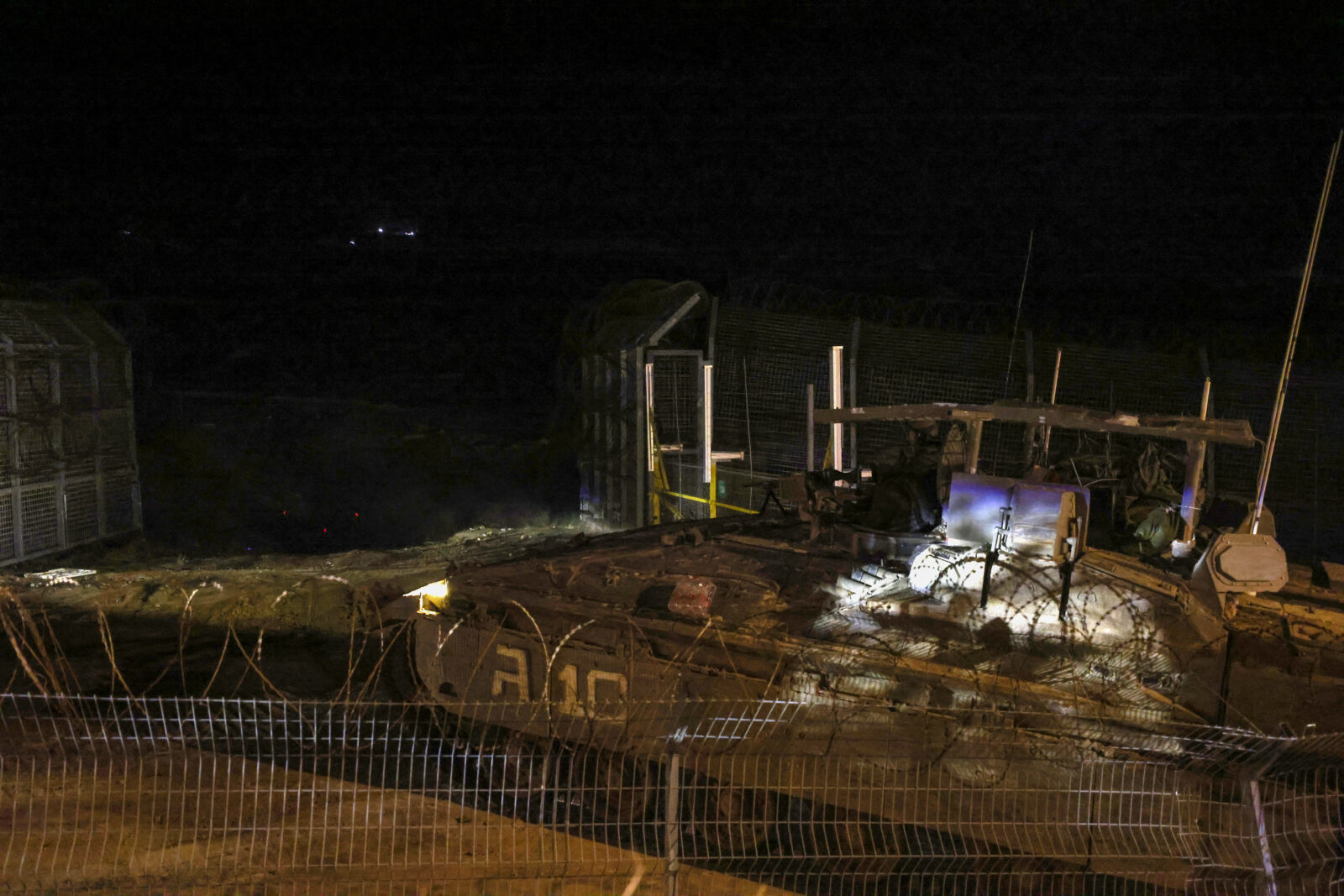
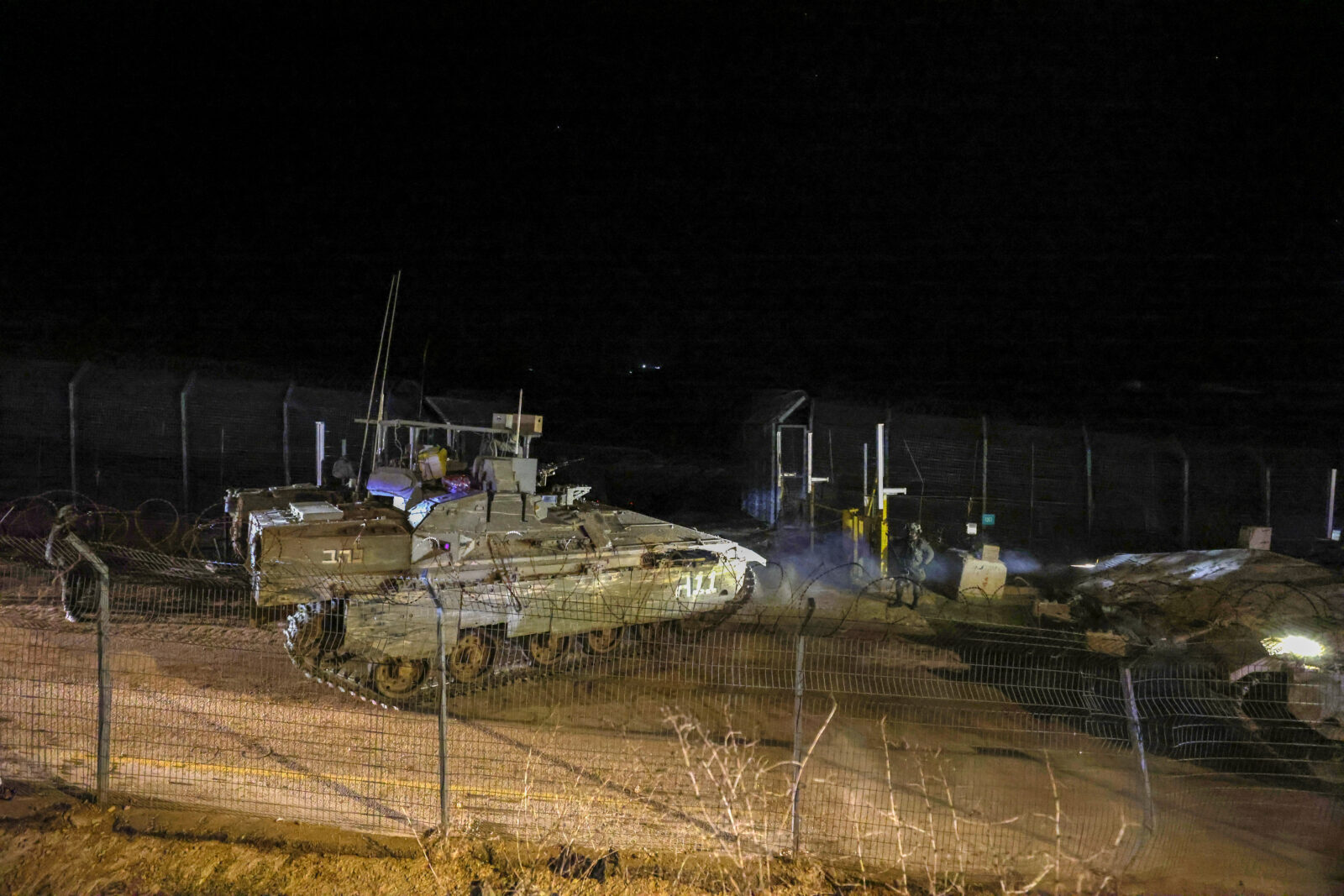
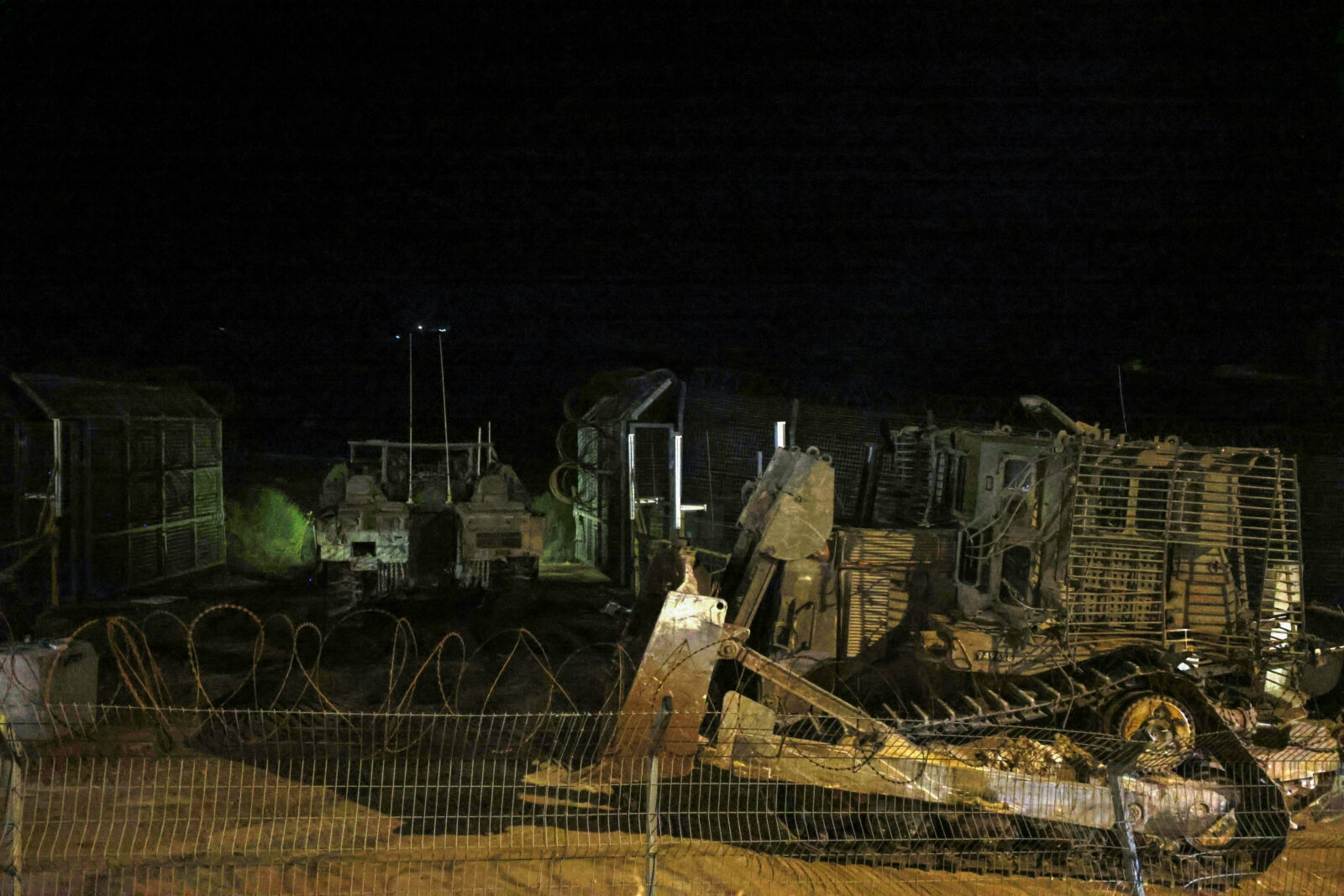
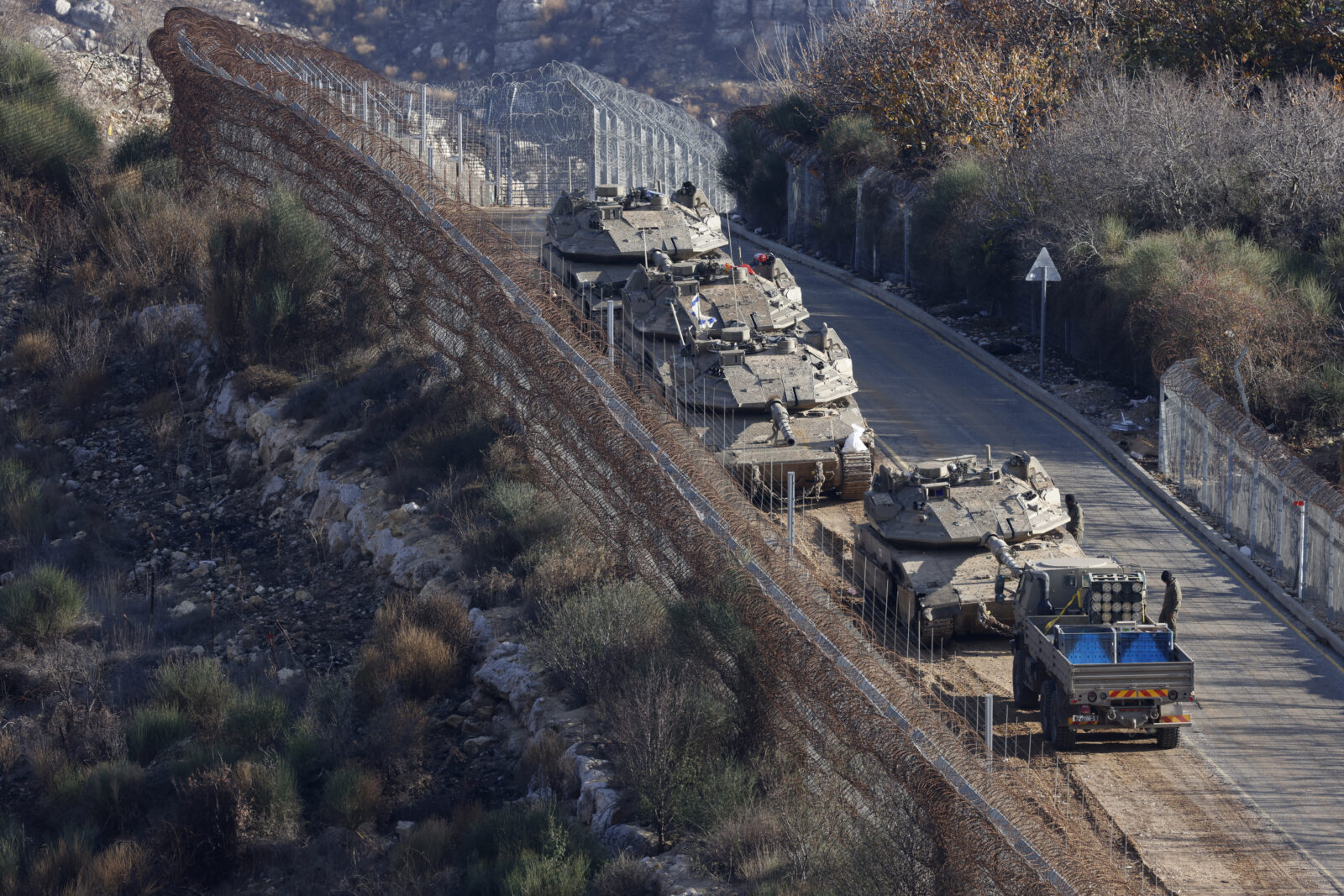
Syrian conflict and Damascus’ liberation
On November 27, 2024, clashes intensified between opposition forces and forces loyal to Syria’s Bashar al-Assad regime.
The opposition, bolstered by public support, made significant gains in key cities including Aleppo, Idlib, Hama, and Homs. By December 7, anti-regime forces had entered Damascus, leading to the collapse of Assad’s government and leading him to flee from country.
Amid these developments, Israel’s military, under the direction of Israeli Prime Minister Benjamin Netanyahu and Defense Minister Israel Katz, advanced into the “buffer zone” of the Golan Heights.
While Israel claims that the occupation is “temporary,” the actions has raised alarms about potential long-term changes in the region’s geopolitical landscape.
We instructed the IDF, the Prime Minister and I, with the approval of the Cabinet, to seize the buffer zone and control points to ensure the protection of all Israeli settlements in the Golan Heights – Jews and Druze – so that they would not be exposed to threats from the other side.
We are determined not to allow a return to the situation of the sixth of October – neither in the Golan Heights nor anywhere else.
Israeli Defense Minister Israel Katz




Historical context of the Golan Heights conflict
The Golan Heights has been under Israeli control since the Six-Day War of 1967, when Israel captured the territory from Syria. Despite Syria’s failed attempts to reclaim the area, most notably during the 1973 Yom Kippur War, Israel has maintained its presence in the region.
In 1974, Israel and Syria signed a disengagement agreement, but Israel has never relinquished control over the Golan Heights, citing its strategic importance.
In 1981, Israel unilaterally annexed the Golan Heights, a move that has not been recognized by the international community, except for the United States. Efforts to negotiate a return of the region to Syria have largely failed, with one key issue being Israel’s refusal to relinquish control over the strategically crucial land surrounding the Sea of Galilee.
Golan Heights: A strategic asset for Israel
The Golan Heights holds significant strategic value for Israel due to its high elevation and proximity to key neighboring countries, including Syria, Lebanon, and Jordan.
The region provides Israel with a vital security advantage, overlooking Damascus and offering early warning of potential military threats. Additionally, the Golan is home to critical water resources, including the Jordan River and the Sea of Galilee, which supply a third of Israel’s fresh water.
Religious significance also plays a role in the region’s importance. The Golan Heights is mentioned several times in Jewish religious texts, adding a layer of cultural and spiritual attachment for many Israelis.
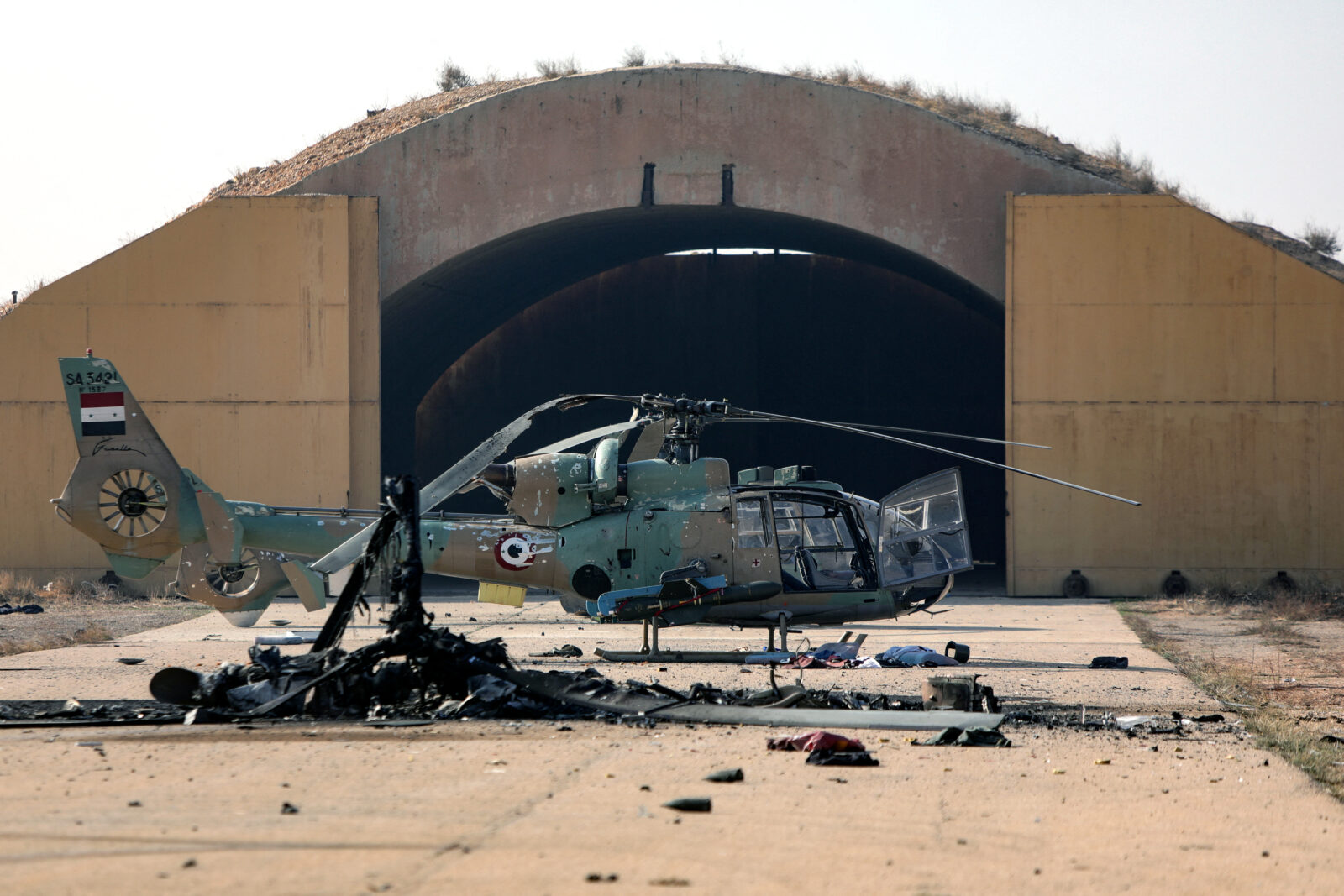
Israeli army also occupied the Mount Hermon area in the Syrian part.
Avichay Adraee, Israeli army’s Spokesperson published footgage from Israel’s occupation of the area and said, “Yesterday evening (Sunday), the 210th Division forces began a preemptive activity with the aim of ensuring the protection of the residents of the Golan Heights in light of the internal developments in Syria.”
Paratroopers, along with other forces, carry out forward defensive operations in the field to prevent any threat, and are deployed in the buffer zone at control points.
In addition, engineering, infantry, and armored forces operate under the command of regional brigades and are deployed along the border between Israel and Syria in order to strengthen the defense of the area.
Avichay Adraee


Settlements and the dilemma of the Druze population
Over 30 Jewish settlements are located in the Golan Heights, housing approximately 20,000 Israeli citizens. These settlements are considered illegal under international law, though Israel defends them as an integral part of its territory.
Additionally, around 25,000 Druze Arabs, originally from Syria, live in the Golan. These Druze communities have expressed a desire to reunite with their relatives in Syria, and many continue to hold on to their cultural and national identity despite Israel’s annexation.
In 1982, Golan Druze residents rejected Israeli citizenship, though they were granted permanent residency status. They now travel on “Laissez-passer” documents, which allow them to move freely but do not grant full Israeli citizenship.

Israel’s recent military actions in Syria
Israel’s actions in the region have also extended into Syria, where Israeli airstrikes recently targeted military installations and weapon depots in territories controlled by anti-Assad groups.
Reports from Israeli media outlet Haaretz indicate that Israeli forces are reportedly focused on preventing advanced weaponry from being transferred to militant groups in Syria.
Developments in the region are seen as Israel taking advantage of the situation to expand its borders and disrupt Syria’s territorial integrity.


